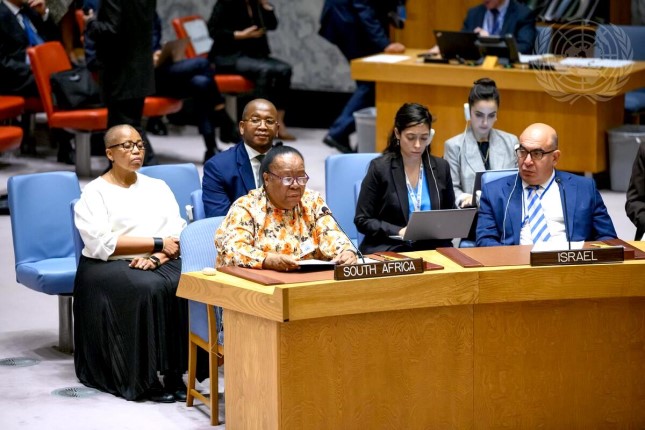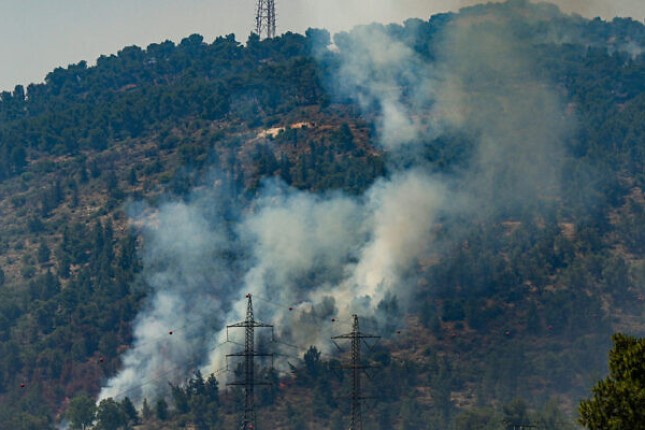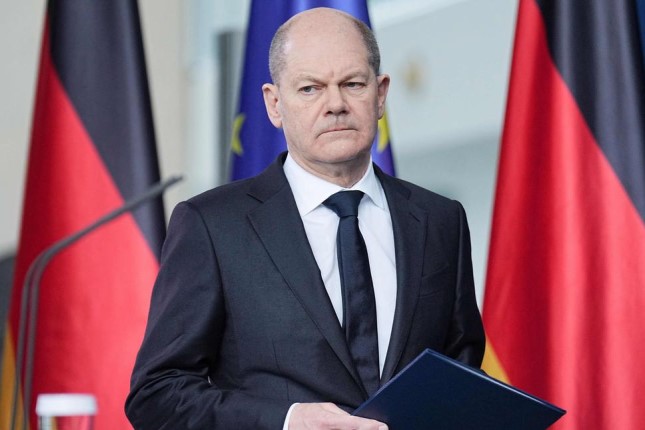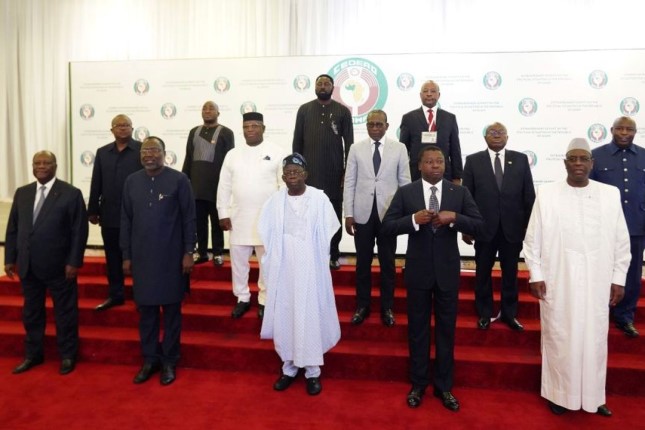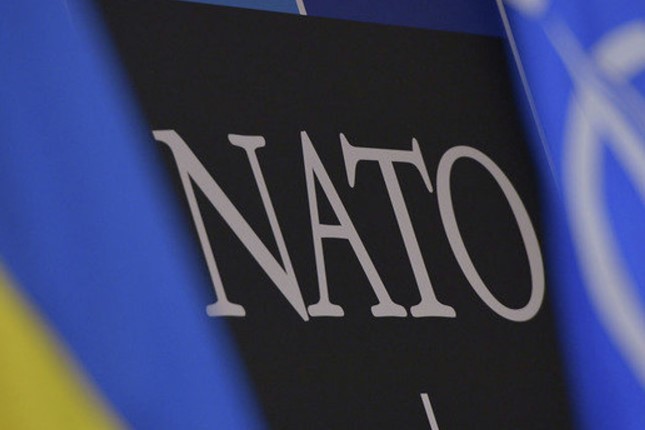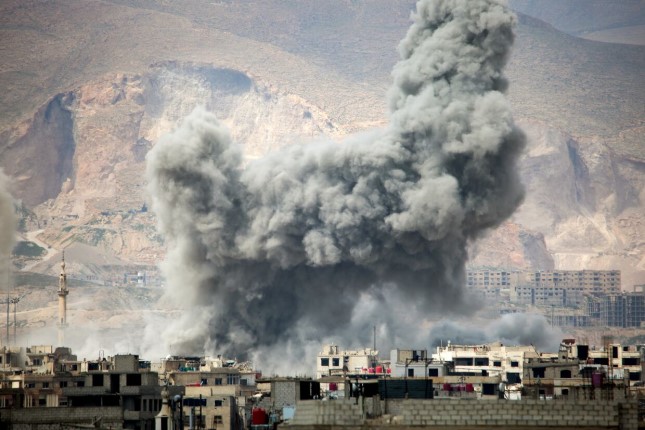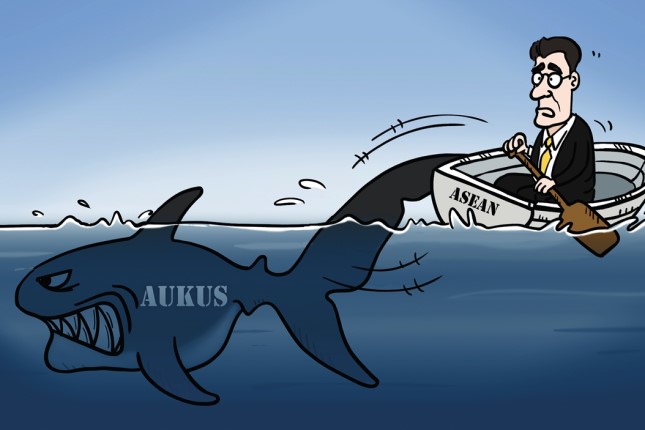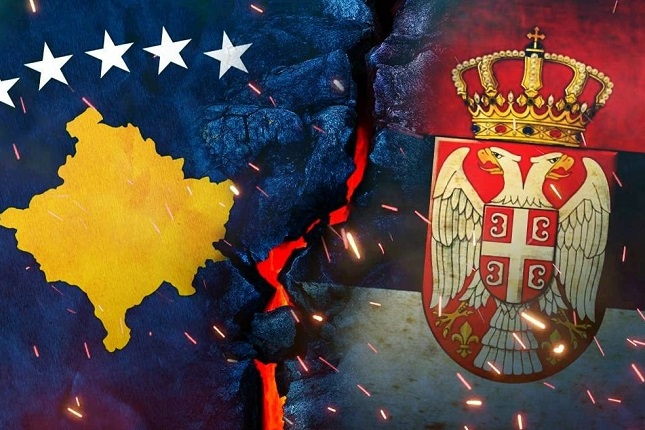Israel’s response to the Oct. 7 terrorist attacks by Hamas has not only been disproportionate, but clearly exceeded the basic limits of international law and in particular the Geneva convention.
The assault on Gaza that has seen the death of over 11,000 civilians, of whom almost half are children, also includes using food as a weapon of war, collective punishment and ethnic cleansing with almost half of Gazans having their homes destroyed as they are marched alongside Israeli soldiers from the north to the south of the enclave.
Under the excuse that Hamas is using the population as “human shields,” a claim that has never been verified by independent sources, Israel has bombed universities, hospitals and U.N. refugee camps and continued its annexation of the West Bank by constructing more illegal settlements outside of its 1967 borders.
South Africa’s Minister of Foreign Affairs Naledi Pandor has asked for its ambassador to be withdrawn from Israel, in the hope of sending the message that Prime Minister Benjamin Netanyahu’s government will be increasingly isolated internationally if it continues the assault on Gaza and the policy of apartheid.
In addition to triggering the Genocide Convention, there is an additional approach that South Africa can use to put diplomatic pressure on Israel by exposing the Israeli nuclear weapon arsenal that the Federation of American Scientists estimates to consist of more than 90 nuclear weapons.
As South Africa transitioned to majority rule in the early 1990s, it became the first country to voluntarily dismantle its nuclear weapons and it helped establish many of the protocols of international law on nuclear nonproliferation.
South Africa furthermore expanded its stance by establishing the African Nuclear Weapons Free Zone through the Treaty of Pelindaba. Today all African countries have signed the treaty, but not everyone, notably Egypt, has ratified it.
Furthermore the United States actively undermines the treaty by stationing nuclear weapons in Diego Garcia and violates fundamental human rights by preventing the right of return of the indigenous Chagossian population to their homeland.
The Treaty of Pelindaba and the stance on nonproliferation gives South Africa the following diplomatic options to assert pressure on Benjamin Netanyahu’s government.
Through the African Union, Egypt can be pressured diplomatically to ratify the treaty of Pelindaba, so that Egypt in turn can be dissuaded from dealing with a nuclear armed neighbour.
To help alleviate load shedding, a request for information (RFI) for a nuclear new build can be launched with South Africa insisting that the vendor is a country that respects the nonproliferation treaty and doesn’t sell nuclear weapons to Israel.
Such a policy would lock out the vendors that don’t respect the treaty (the U.S., India, China, Russia, and France) and lock in those who do (South Korea and Canada). By locking out the great powers the civilian nuclear industry will be incentivised to pressure the U.S. government to move towards nonproliferation, because civilian nuclear power is critical to achieving the world’s net-zero climate ambitions.
The policy might even put pressure on China to extend the Southeast Asia Nuclear Weapon-Free Zone, and potentially on France to continue its commitment to disarmament as its civilian industry will be at risk of dying if other countries in the Global South follow South Africa’s lead.
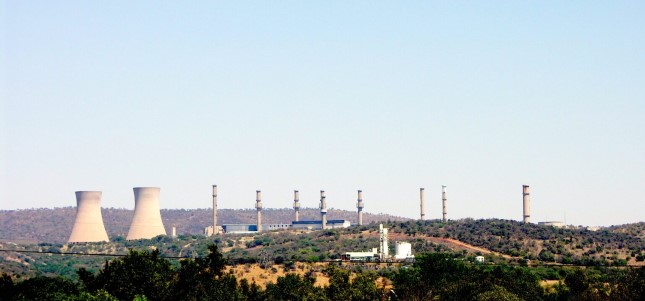
Pelindaba Nuclear Research Centre in South Africa, former location of atomic bomb work, in 2006. Photo: NJR ZA / Wikimedia Commons / CC BY-SA 3.0.
South Africa and the African Union can approach the International Atomic Energy Agency directly to ask for inspections of Israel’s nuclear facilities such as The Negev Nuclear Research Reactor that was first revealed by the dissident Israeli scientist Mordechai Vanunu, who is still under house arrest in Israel.
Potentially, Netanyahu’s links to the nuclear smuggling Mafia can be used to build up the case, as well as the diplomatic documents between Israel’s defense minister at the time, Shimon Perez, and his counterpart P.W. Botha that link the Israelis in approaching the apartheid government in South Africa for help in obtaining nuclear weapons.
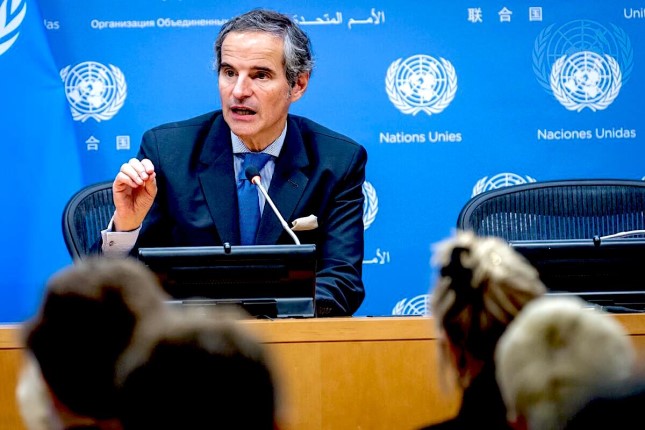
Rafael Mariano Grossi, director general of the IAEA, briefing reporters on the Treaty on the Non-Proliferation of Nuclear Weapons, Aug. 2, 2022. Photo: UN Photo / Mark Garten.
The last option is to use the BRICS forum to encourage Saudi Arabia and the other Arab states to include establishing a Palestinian State and the signing of the Middle Eastern nuclear free zone as a prerequisite for the Abrahamic Accords. Israel would be incentivised to support such a policy as it would come with guaranteed diplomatic recognition.
Establishing a Middle Eastern nuclear free zone on the same principles as The Treaty of Pelindaba will also settle the debate regarding Iran’s nuclear weapons and the Iran deal.
If Israel is found to have violated the nonproliferation treaty, then under existing U.S. federal law, such as the Symington Glen Amendments, all U.S. aid, diplomatic and military will come into question, placing overwhelming diplomatic pressure on the Israeli government.
South Africa’s greatest diplomatic asset is the commitment to nonproliferation and by using the policy wisely, Israel can be forced to comply with the treaty.
The diplomatic approach can help open the path for the liberation of the Palestinians.
Main photo: South Africa’s Foreign Minister Naledi Pandor addressing the U.N. Security Council meeting on the situation in the Middle East on Oct. 24 © UN Photo / Loey Felipe.
Source: Consortium News.
